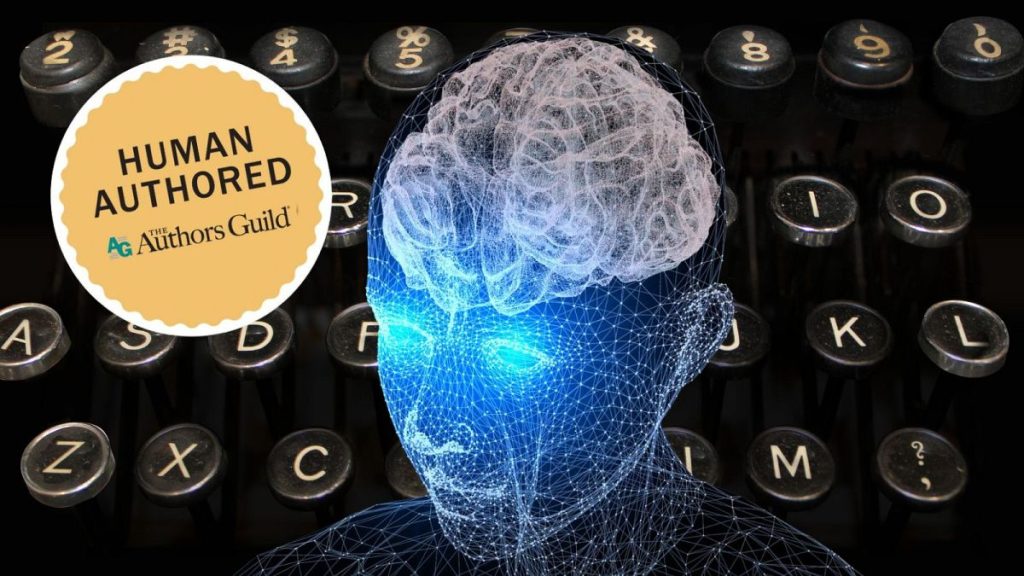The rise of artificial intelligence (AI) has permeated numerous sectors, including the creative arts, prompting concerns among writers and artists about the potential threats to their livelihoods and the very essence of human creativity. The Authors Guild, a prominent organization representing published authors in the United States, has taken a proactive stance in addressing this evolving landscape by launching the “Human Authored” initiative. This innovative program aims to distinguish literary works crafted by human intellect from those generated by AI, providing readers with clarity and reaffirming the value of human creativity in storytelling.
The “Human Authored” initiative is not intended to reject technological advancements but rather to establish transparency and acknowledge the inherent human desire for connection with authors and their unique perspectives. It recognizes that while AI can serve as a valuable tool for tasks like spell-checking or research, the core element of literary expression, imbued with the author’s distinctive voice and style, must originate from the human mind. This certification seeks to preserve the unique qualities that make human storytelling so compelling, ensuring that readers can readily identify works that embody the depth and complexity of human experience.
At the heart of the initiative is a distinctive logo, featuring the words “Human Authored” in bold typeface, designed to signify that a particular work has been certified as originating from human intellect. Authors seeking certification can access the online portal, provide details about their books, and agree to a licensing agreement permitting them to display the logo on book covers, spines, and promotional materials. This visible marker serves as a guarantee for readers that the work they are engaging with reflects the insights, emotions, and creative ingenuity of a human author.
The Authors Guild plans to further solidify the program’s credibility by registering the “Human Authored” logo with the US Patent and Trademark Office. This legal protection will reinforce the logo’s significance and prevent unauthorized use, ensuring that it remains a reliable indicator of human authorship. Moreover, the Guild intends to expand the initiative’s reach by eventually extending access to non-members, broadening the scope of works covered by the certification and promoting transparency across the literary landscape.
The “Human Authored” initiative underscores the growing awareness of the impact of AI on creative industries, echoing similar concerns expressed by organizations such as the UK’s Society of Authors (SoA). The SoA’s recent survey revealed a significant decline in work opportunities for translators due to the increasing use of generative AI, highlighting the need for regulatory measures to address the challenges posed by this rapidly evolving technology. The Guild’s initiative provides a valuable framework for addressing these concerns, offering a proactive approach to ensuring that human creativity continues to be recognized and valued in the age of AI.
The emergence of AI as a creative tool necessitates a clear distinction between works generated by humans and those produced by algorithms. The “Human Authored” initiative addresses this critical need by providing a mechanism for authors to assert the authenticity and originality of their work. By emphasizing the unique qualities that human authors bring to the creative process, the program serves to protect the integrity of storytelling while fostering transparency and trust between authors and readers. As AI continues to evolve, initiatives like “Human Authored” will play a vital role in preserving the essence of human creativity and ensuring that the human voice remains central to the world of literature.














